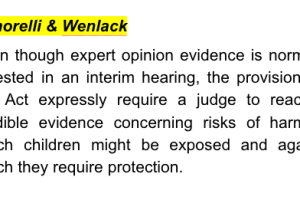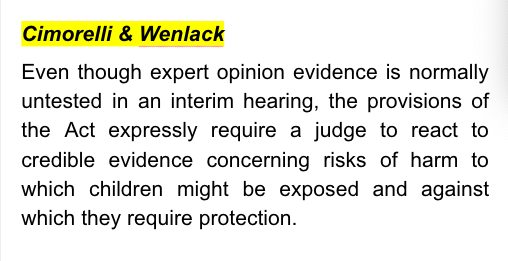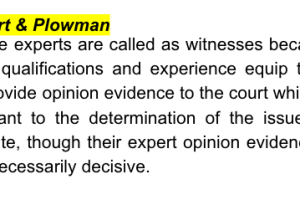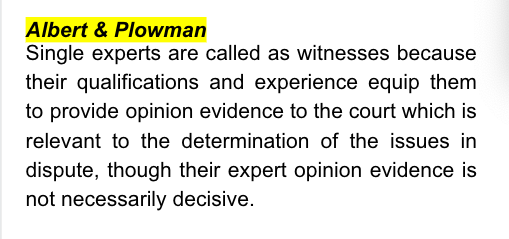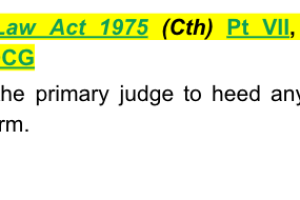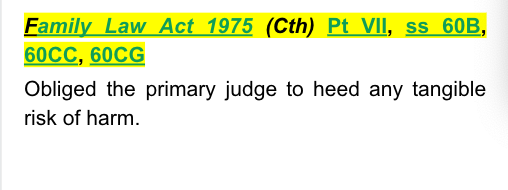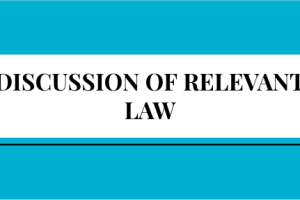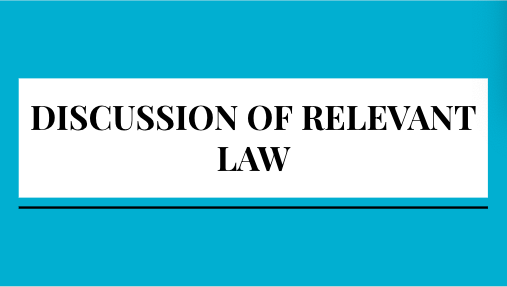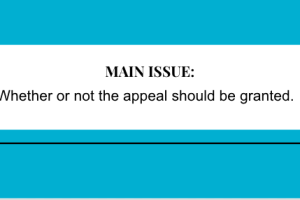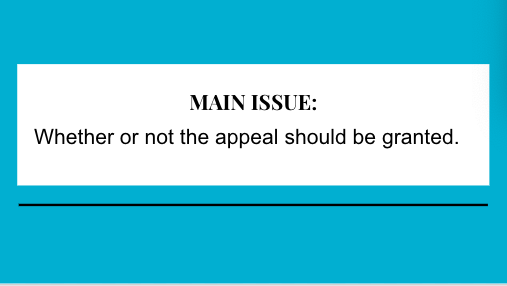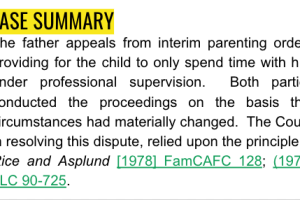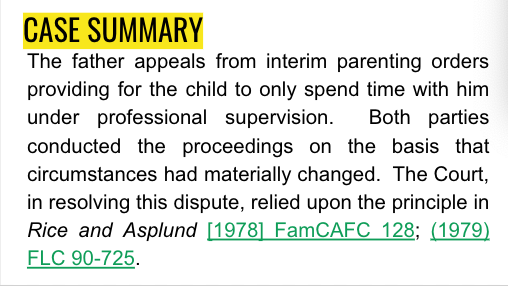- · 4626 friends
Father appeals orders requiring supervised time with children

Fowler & Northwood [2022] FedCFamC1A 173 (24 October 2022)

The father appeals from interim parenting orders providing for the child to only spend time with him under professional supervision. Both parties conducted the proceedings on the basis that circumstances had materially changed. The Court, in resolving this dispute, relied upon the principle in Rice and Asplund [1978] FamCAFC 128; (1979) FLC 90-725.

Facts
Orders between the parties in respect of their children were first made under Pt VII of the Act on 26 June 2020 by a judge of the Federal Circuit Court of Australia (as the Court was then known). With the parties’ consent, it was ordered that they would have equal shared parental responsibility for the children, the children would live with the mother, and they would spend substantial time with the father.
Fresh proceedings were commenced by the mother about 12 months later in June 2021, seeking revision of the orders. Her interlocutory proposal was that the children only spend supervised time with the father, at least until a Family Report had been prepared.
The father opposed the mother’s application, but he too sought revision of the orders made in June 2020 by the expansion of his involvement in the children’s lives.
The Senior Judicial Registrar entertained the parties’ interim dispute on 1 September 2021 and confirmed the operation of the June 2020 orders, save for the variation of the changeover arrangements so as to require professional supervision of the children’s exchange between the parties.
Procedural orders were made in October 2021 for the procurement of a report from a single expert psychologist (“the single expert”), whose report was furnished to the Court and released to the parties in February 2022. The single expert reported upon several salient features of the litigation, including these:
- the June 2020 orders had not quelled the parties’ conflict;
- the mother commenced fresh proceedings following an unpleasant incident between the parties in June 2021;
- the children had been referred for assessment and treatment for their anxiety;
- the children appeared somewhat reluctant to stay in the father’s company when under observation; and
- the father posed a material risk of harm to the mother and children by his subjection or exposure of them to family violence.
The single expert did not support the father’s proposal for any expansion of the time the children spend with him and instead urged the Court to consider the need for their supervision when with him.
In March 2022, admittedly motivated by the contents of the single expert’s report, the mother ceased to comply with the operative orders and refused to allow the children to spend time with the father unless professionally supervised, to which demand the father reluctantly but willingly temporarily acceded. Contemporaneously, on 23 March 2022, the mother filed an interim application seeking to vary the orders by requiring professional supervision of the children while spending time with the father. He opposed her application.
It was found, partially on the strength of the father’s admissions, he had perpetrated family violence. The single expert opined that he posed a risk of harm to the mother and the children on account of his propensity for coercive and controlling behaviour, which opinion evidence the primary judge accepted. Her Honour found, by accepting the single expert’s reported factual observations, that the children were somewhat resistant to the father, from which it was implied they did not feel safe or secure in his care. Her Honour found the younger child’s misbehaviour had abated since the introduction of professional supervision for the time he spends with the father.
The primary judge therefore concluded the imposition of professional supervision was warranted, as an interim measure, to protect the children from the risk of them suffering psychological harm by reason of their subjection or exposure by the father to neglect or family violence.

Issue
Whether or not the appeal should be granted.

Applicable law
Family Law Act 1975 (Cth) Pt VII, ss 60B, 60CC, 60CG - obliged the primary judge to heed any tangible risk of harm.

Albert & Plowman [2020] FamCAFC 23 - provides that single experts are called as witnesses because their qualifications and experience equip them to provide opinion evidence to the court which is relevant to the determination of the issues in dispute, though their expert opinion evidence is not necessarily decisive.


Analysis
While the father forecast his generic disagreement with aspects of the report, he was unspecific about the particular ways in which he took issue with it. It was never elaborated which particular “assumptions”, “opinions”, and “conclusions” of the single expert were challenged. However, it must follow from the omission to mention any challenge to the single expert’s observations of the physical interaction between the children and the parties that they were uncontroversial. Nonetheless, the single expert report was in evidence and the primary judge was obliged to take its contents into account and provisionally assess its reliability, recognising that the single expert was yet to be tested by cross-examination.
Given that the mother consented to the orders made in June 2020, the primary judge was certainly entitled to evaluate any evidence adduced by her about the father’s alleged misconduct or parental incompetence prior to her assent to the orders with a healthy degree of scepticism, because she willingly overlooked such concerns when she agreed to the orders allowing the children to spend substantial time with the father. But that is a quite different proposition from her Honour being obliged to disregard such evidence, as the father explicitly submitted. The mother only adduced evidence of the father’s conduct after the orders were made in June 2020, evoking her concern about the children’s welfare in his care and explaining why she wanted the orders varied. The father disputed her evidence, but that did not render it inherently unreliable.
Conclusion
The appeal is dismissed. The appellant shall pay the respondent’s party/party costs of and incidental to the appeal, fixed in the sum of $12,114.


